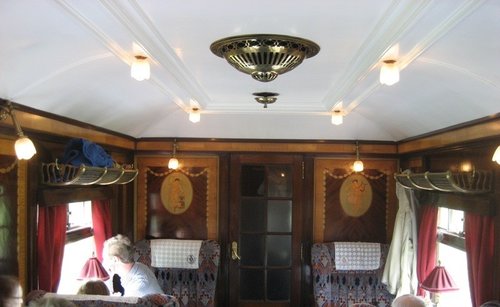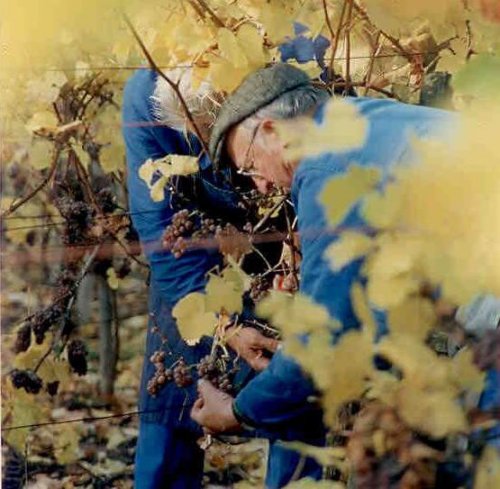Perfection on rails: The VSOE British Pullman
The re-creation of the British Pullman is a classic British story of eccentric, visionary wealth allied to traditional craftsmanship. James Sherwood rescued carriages from weird locations and states of disarray. Bob Dunn, whose grandfather made marquetry for the original cars, was one of a host of dedicated restorers. Now, for a princely sum, you can … Read more


